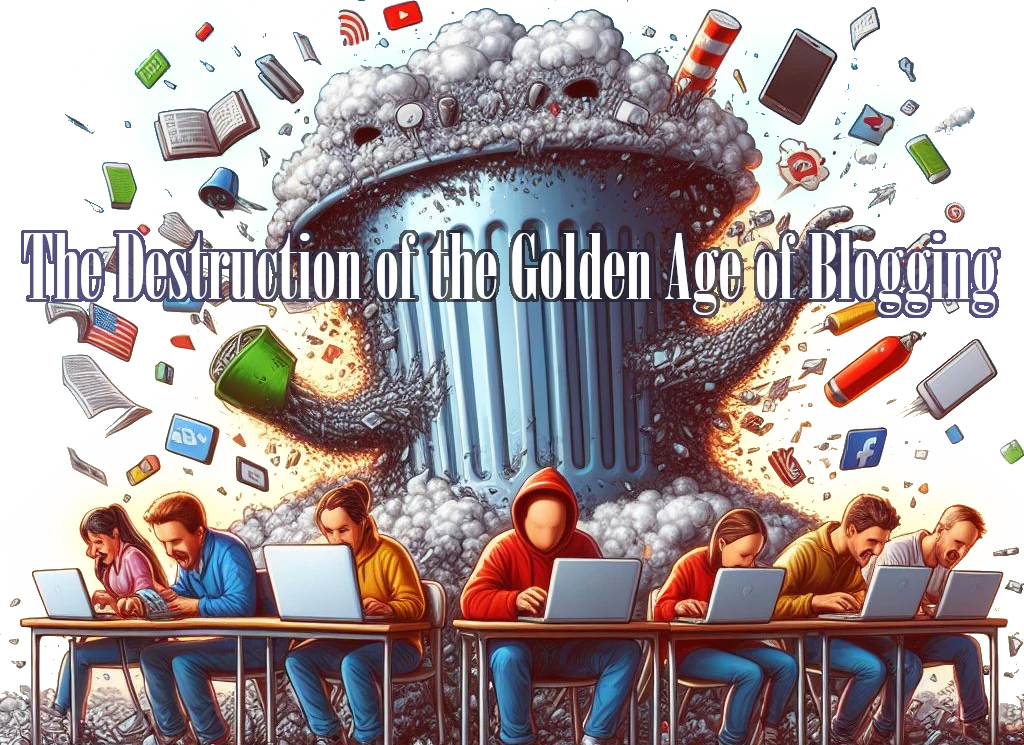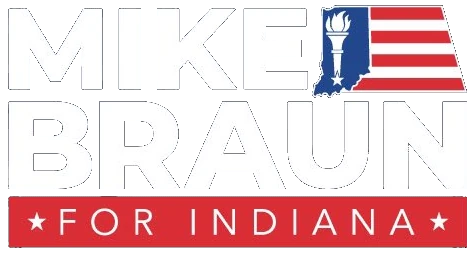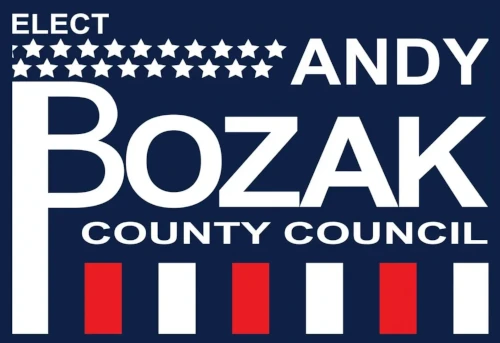Golden-Era Bloggers' Self-Defeating Attitude about External Links

Way back in time, probably from around 2007 through 2012, there was a golden age in political blogging on both the political left and right. During this golden age, there were legitimate talks (and fears by some) of the traditional news media being replaced by lone wolf and small team blogs, each with our own agenda of some kind or another. Those blogs with common agendas would end up linking back and forward with each other, commenting on and adding to what the other bloggers said on their websites. Additionally, blogs with competing agendas would link to one another, criticizing the flaws in each others' logic (and often moral compass). This created a wonderfully diverse, natural ecosystem that I doubt many of us bloggers recognized when we were in the middle of it. This ignorance of the health of our digital environment as bloggers was made apparent to me when I found an extremely old comment I left on a WordPress plugin developer's website back on February 9th, 2008.
SpamBam & My Feedback
Some context is necessary. Back in 2007/2008, WordPress did not come pre-packaged with Jetpack and there was NO default way to block SPAM comments. Spambam was a WordPress plugin that handled SPAM in a really creative but simple way: it made you wait 30 seconds before posting a comment. This prevented bots and Ron Pauler conspiracy nuts destroying the Tea Party movement from just copy pasting SPAM comments in every blog post quickly and efficiently. This had two enormous benefits. First, it entirely cut back on SPAM. Second, it kind of forced would-be commenters to actually read the blog post before leaving a comment. It was brilliantly effective!
Anyway, my old feedback comment was left on The Spanner's October 25, 2007 blog post about his beta test for Spambam. His blog post was short and sweet (and it's archived here because his blog has not been updated since 2018, so I don't know how long it will be available for).
I’ve worked on a new version of Spambam which has a lot more features, it now doesn’t reject spam but simply moves it into a spam folder. I’d be interested in what everyone thinks about it and if this method is preferred to simply blocking all spam. The reason behind the method change was to stop valid comments from being rejected and give the ability to restore comments which are marked as spam.
The beta can be found here (Spambam is now part of Blogsecurity):-
Spambam beta
Of the 33 comments left on his blog, I was the 11th. The emphasis below was added.
Kevin Tracy writes:
No. 11 — February 9th, 2008 at 11:59 amI LOVE this plugin. Since my blog got popular, I was getting hundreds of SPAMbot posts a day. Even better. I actually like how it’s out of sight, out of mind.
My only complaint is that on my template, trackbacks are posted as comments and they don’t know to wait 30 seconds.
As a result, people are just leaving their links all over my comments section instead of just linking to me in their own blogs.
If you can’t fix it, no biggie – it’s not worth deactivating the plugin to give credit to other websites.
A trackback is like an early, unrefined but still effective Webmention. Essentially, if another WordPress or contemporary CMS sees that you linked to an external webpage in your blog post, the CMS will ping the CMS on the linked to website and let it know that it's been linked to. If enabled, a trackback would be created on the webpage that was linked to, letting readers know this other blog was discussing the content in this page. Usually, it would just include a link to the blog, the blog post's title, and perhaps a short excerpt from the text surrounding the link. These trackbacks served as an incentive for other bloggers to link to your blog because it would result in a backlink; which might help drive traffic to their website in exchange for driving traffic to your blog. I imagine Google probably ignores trackback backlinks today; but it was very important to our SEO back in the day, even though few of us realized or cared about it back then.
The Self-Defeating Attitude that Destroyed the Blog Ecosystem
WordPress treated these trackbacks enough like comments that Spambam couldn't differentiate between actual comments and trackbacks; which were blocked because they couldn't trigger the 30 second timer. My attitude was "Hey, this is great for facilitating good conversations in my blog posts and cutting out SPAM, who cares about external links? I want to keep my traffic on KTracy.com anyway.
The PROBLEM with this attitude is that it breaks the delicate ecosystem. As time went on, I think more and more bloggers began thinking this way. We dropped our blogrolls and trackbacks alike to keep things looking clean and keep the traffic we already had on our respective websites and blogs.
Without as many backlinks flying around, our SEO slowly began to take a hit. Then the existing backlinks we already had began to age: another hit on our SEO. Then, as old websites and blogs shut down, those backlinks disappeared all together: a final hit to our SEO.
External links were actually EXTREMELY important to maintaining that web ecosystem.
The Ultimate Dick Move Killing Backlinks and Search Authority of Bloggers
Starting around 2011, I started seeing more and more bloggers use the rel="NOFOLLOW" attribute for all of their external links.
Essentially, "NOFOLLOW" is a webmaster's way of telling a search engine spider to ignore the link. I don't know if this happened because Google began punishing bloggers for having too many external links on their websites (perhaps via long blogrolls), but even contextual links were given the rel="nofollow" treatment. This literally destroyed the backlinks for SEO purposes, which hurt the web authority ranking of those blogs, and even if those websites still backlinked to the NOFOLLOW website, those were lower quality backlinks because their web authority was artificially lowered by the erasure of their backlinks.
Whenever I saw bloggers getting trackbacks on my blog who used the rel="NOFOLLOW" attribute, I immediately deleted the trackback and blacklisted their site from being able to publish trackbacks on my content. Again, it just goes to show how much bloggers (myself included) focused far too much on our own blogs without appreciating the ecosystem that made those blogs possible.
The Solution to Bring Back Blogs with Organic Backlinks
I've long advocated for IndieWeb (since before relaunching this website without a CMS, and their endorsement of Webmention is an important reason why I think it would transform the web if universally adopted. Webmention is like a better track back that actually encourages back and forth between bloggers, similar to a comments section on your conspiracy theorist cousin's Facebook profile. Only, instead of feeding the Facebook monster, you're owning and potentially profiting from your own content.
Those conversations between blogs are important because they will generate high quality backlinks in the context of the article or post itself in a very organic way. The Google search algorithms have been radically improved since that golden age of blogging and tricks like trackbacks are no longer going to be enough to game the system. Backlinks NEED to happen organically today for them to count for anything, and Webmention is a good way to make that happen.








